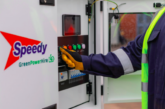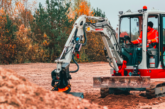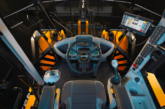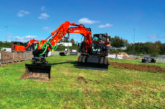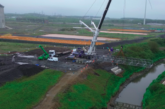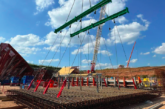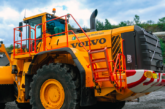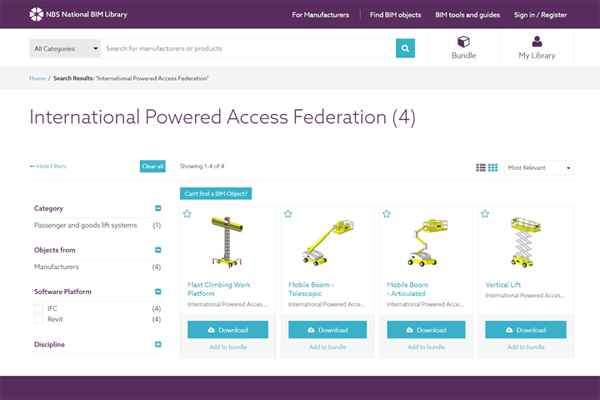
A selection of 3D virtual Mobile Elevating Work Platforms (MEWPs) and Mast Climbing Work Platforms (MCWPs) is now available in the National Building Information Modelling (BIM) Library with more to follow thanks to the efforts of experts from the International Powered Access Federation (IPAF).
BIM is increasingly recognised and employed around the world by architects and project managers when designing new buildings and considering how they will be constructed and maintained. Three-dimensional computer modelling allows a 360-degree view of any structure even before it is built, and allows for better project planning and to map out the construction and maintenance process in the virtual realm.
Now IPAF is in the process of developing highly detailed and scalable 3D BIM MEWPs and MCWPs that can be used to visualise their use in the construction of new buildings or the conservation, repair or maintenance of existing structures before work gets underway. This allows for easier selection of the correct type of machine and also for managers to plan work more effectively and design better site risk assessments.
So far IPAF has had four virtual models produced and accepted into the National BIM Library for use in modelling projects around the globe. These completed models are: MCWP; Vertical Lift; Mobile Boom – Telescopic; and Mobile Boom – Articulated. Three more are still in development and will be available soon, namely: Static Boom – Spider type; Static Boom – Vehicle mounted; Static Boom – Trailer mounted.
The models are each based on a typical, generic design as opposed to specific makes or models of machine, but all are adjustable for height and outreach so can be used to identify what type and capability of equipment is required by adjusting the specifications to suit the intended task and checking things like reach and clearance.
Tim Whiteman, CEO & MD of IPAF, comments: “Thanks to the diligent efforts of IPAF’s Technical & Safety team, architects and project planners now have access to accurate, scalable 3D models of MEWPs and MCWPs that can be used to design construction or maintenance work at height more effectively and in particular to identify the capabilities and limitations of specific types of equipment before that work begins. It has taken a particularly creative approach to come up with these BIM models, which others have previously attempted but were thwarted by the sheer variety of different shapes, sizes and capabilities of equipment available in the market.
“This is certainly in line with IPAF’s core mandate – promoting the safe and effective use of MEWPs and MCWPs worldwide. I am sure the new virtual models will prove valuable as BIM is increasingly being adopted for a whole range of applications in countries around the globe.”
For further information on IPAF click here

